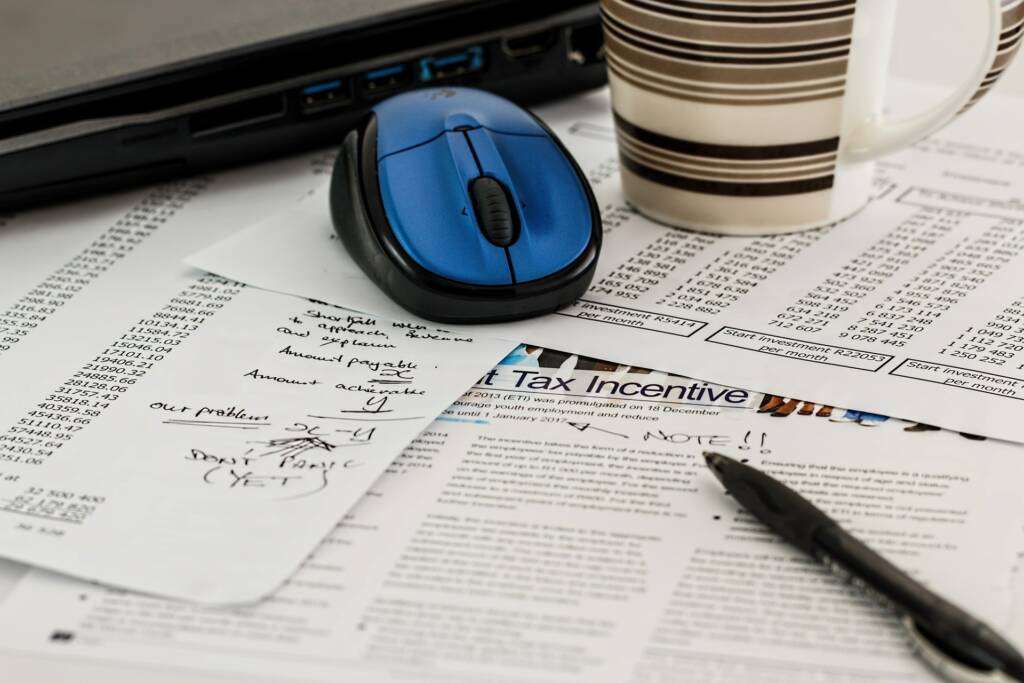7 Crucial Lessons About Buying Property With Delinquent Taxes
The real estate market is a driving force for most investments. Yet, sometimes, the wide range of proven investment areas and the hidden potential of seemingly unpopular niches can baffle even the seasoned investor.
With the right strategy on how to buy a property with delinquent taxes, you can tap into a new source of revenue. Plus, such investments will provide a decent alternative income.
So how can buying property with delinquent taxes help you increase your passive income? And what steps should you follow to invest in buying tax liens properly?
Let's find out.

1. Learn the Step-by-Step Process That Underpins the Tax Sale
A county’s taxing authority initiates the tax lien sale due to a homeowner's prolonged non-payment of property taxes.
The lien purchase procedure is fairly straightforward, and it is usually similar to buying a property. Still, before investing in tax liens, you need to learn the process from the inside and sort out the legal ramifications before the deal.
A typical tax lien formation process is as follows:
- Payment of property taxes is suspended or discontinued
- Debt is generated and accumulated to form a tax lien
- Tax liens are placed up for auction
- The tax collector transfers money acquired from the sale to cover tax liabilities
- The highest bidder at the auction obtains the right to collect taxes from the property owner
- The homeowner must pay the lienholder the debt plus interest or else face foreclosure
2. Select the Proper Investment Tool
Investing in tax liens is a time-consuming yet effective way to generate additional income, so discussing the differences in tax sales— namely, tax lien sale and tax deed sale.
The former initially entails the purchase of a tax lien to become a lienholder with no title to the property. Later, if the property owner continues to fail to pay debts, the investor has the right to foreclose on the property through litigation.
In a tax deed sale, ownership of the property is assigned to the new owner with the mandatory requirement that the entire amount owed must be paid within a short period.
Failure to comply with these obligations will result in the new potential owner losing possession of the property, and the sale will be canceled.
Some tax liens involve a redemption period to allow the former owner to pay off the debts. For example, according to the state law of Illinois, the redemption period constitutes 24 months, while in South Carolina, it takes only 12 months.
3. Perform a Real Estate Market Analysis
Each state sets specific real estate laws and tax procedures, so narrowing your search to one or more specific states/counties is recommended to examine the foreclosed property in more detail and understand all the legal processes governing the deal.
Also, keep in mind that low-income or financially challenged communities may offer a list of properties with a broader range of deals and exceptionally favorable terms for tax lien properties.
Thus, research the county's financial situation and identify the most promising areas to find the best deals.
4. Analyze Delinquent Property Options
Since purchasing a tax lien does not involve a physical inspection before signing the sale agreement, it is impossible to estimate a property’s actual value.
Nevertheless, by requesting official data from the county, you can calculate the approximate value of the asset. If this figure is higher than the value of the tax lien itself, the deal will be considered a sound investment.
Even with a positive estimate, however, you should keep a certain amount of funds available to restore or repair the property in the event of unforeseen situations.
5. Find Out the Hidden Fees
Of course, your primary goal is to acquire a tax lien on the property, according to all your requirements, with no additional expenses of covering debts hidden from the eyes of a potential investor when it comes to describing the delinquent property.
That is why, before the deal itself, you need to eliminate the risks associated with hidden fees and other types of unpaid taxes and outline the legal aspects and state requirements for the successful completion of the deal.
To ensure the legality of the sale, potential investors are entitled to contact the county treasurer's office to apply for details of any extra debt.
6. Take Part in the Public Auction
According to the legislation of most states, a property tax lien can be conveyed to the taxing authority for non-payment of real estate debts. This legislative body, in turn, has the right to place the tax lien at public auction for further sale.
Often, many counties, such as Humboldt in California, display public records regarding the upcoming auctions on their websites, detailing the minimum amount for the initial bid, type of property, and its location for the potential buyers to register and get prepared for the bidding.
Local tax collectors can also provide the required information on the lien tax auction.
Once you've chosen a tax lien to buy, take part in so-called bidding wars and close the deal to qualify for obtaining a tax lien certificate.
7. Getting Income From a Tax Lien Property
A tax lien certificate is an official document that authorizes you to collect all unpaid taxes from the property owner and receive interest from the property, representing a passive income source. This easy-to-learn investment requires fewer financial assets and guarantees on-time monthly accrued income.
Basically, property tax liens can take a worthy place in the real estate investment niche due to the simplicity of executing deals and obtaining a fixed interest rate by the tax holder.
Over time, investors earn a high level of passive income if they properly analyze the market and invest in promising investment products. Although certain risks exist when acquiring a tax lien, they can be reduced to zero with the right approach to investing and adhering to the above-mentioned points.

